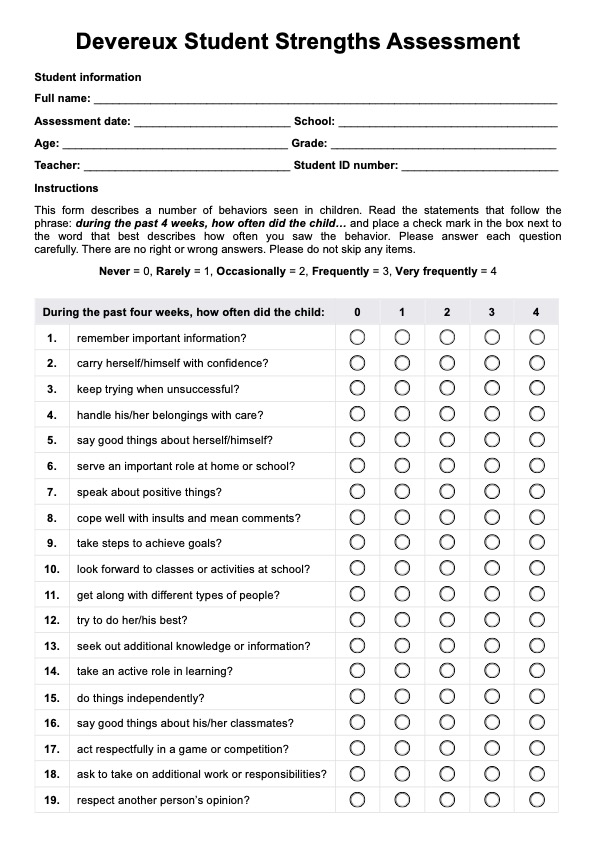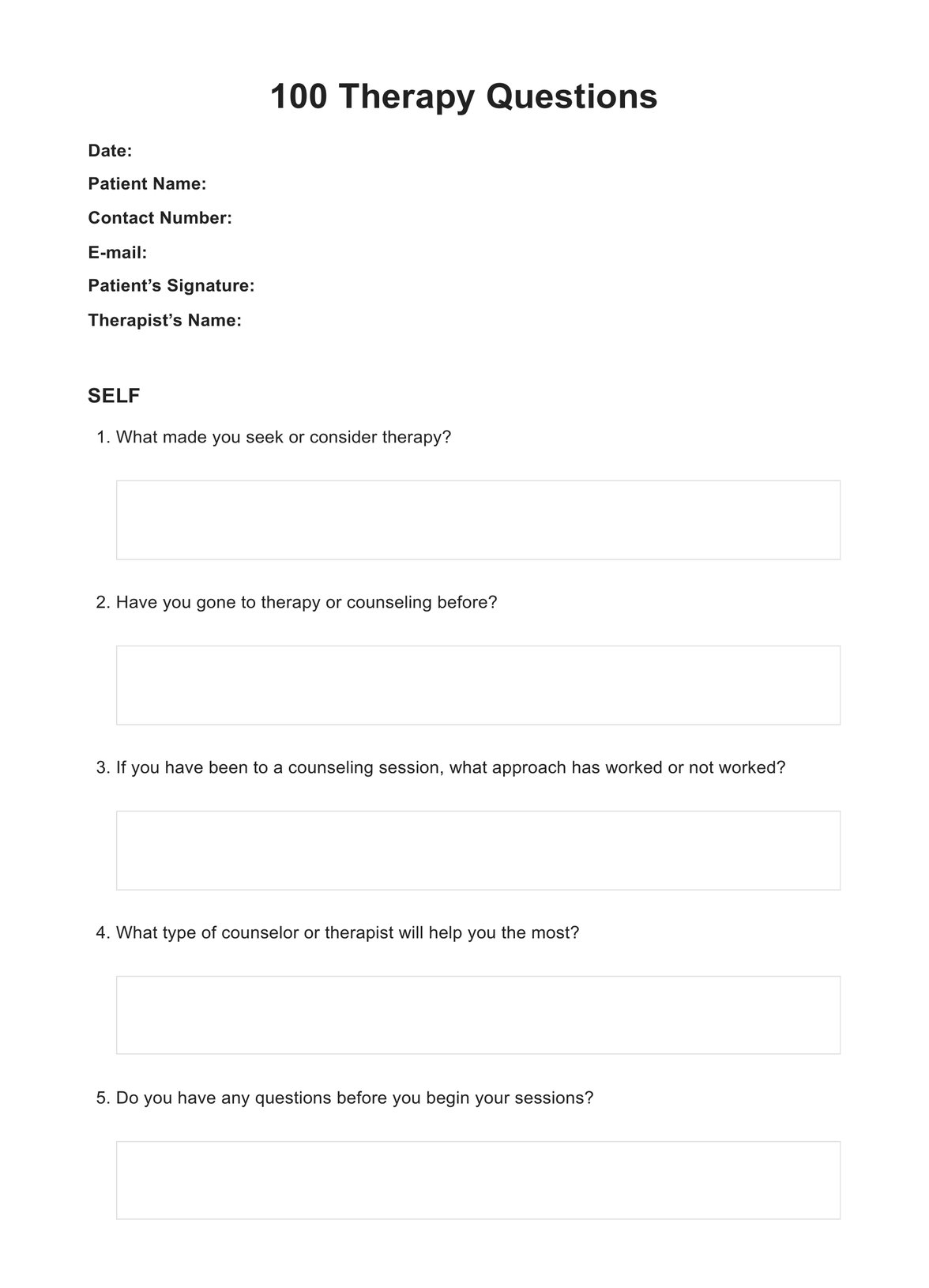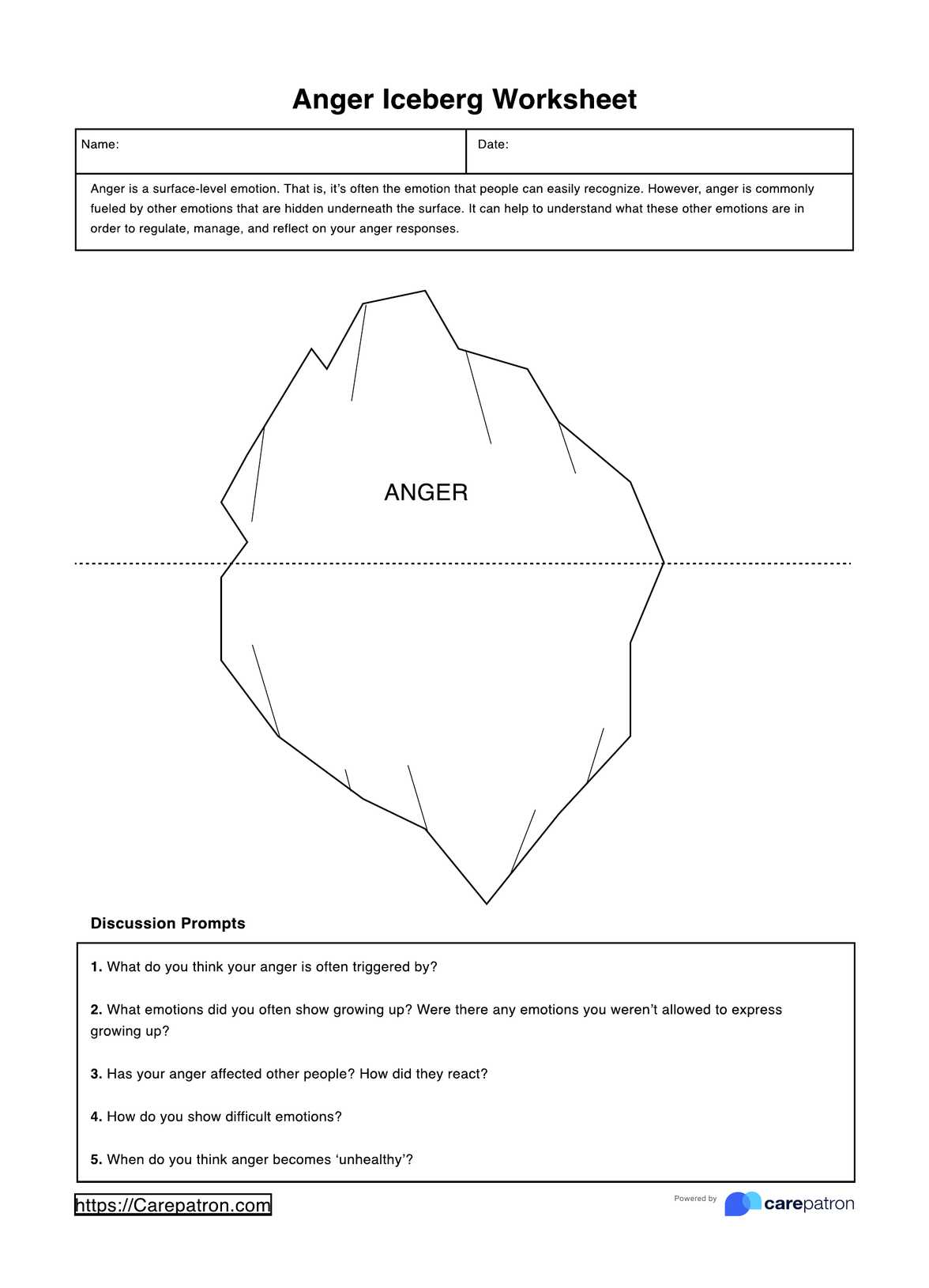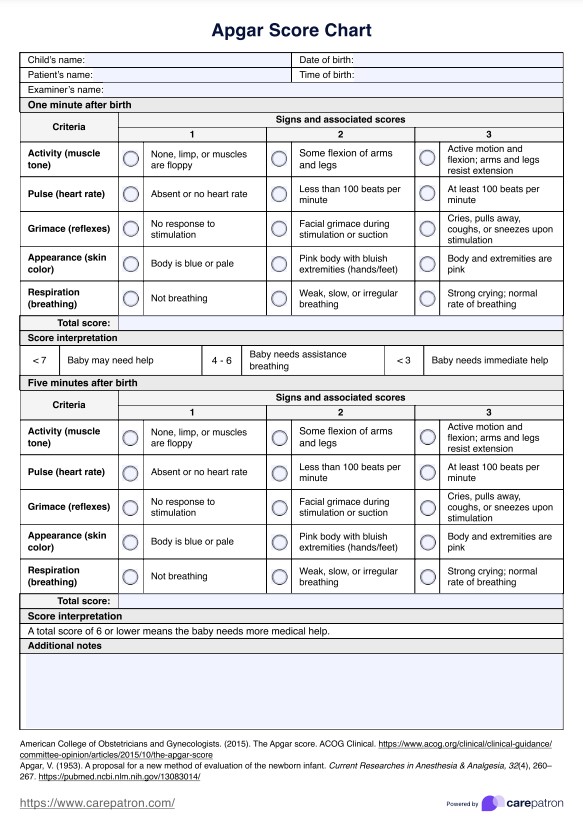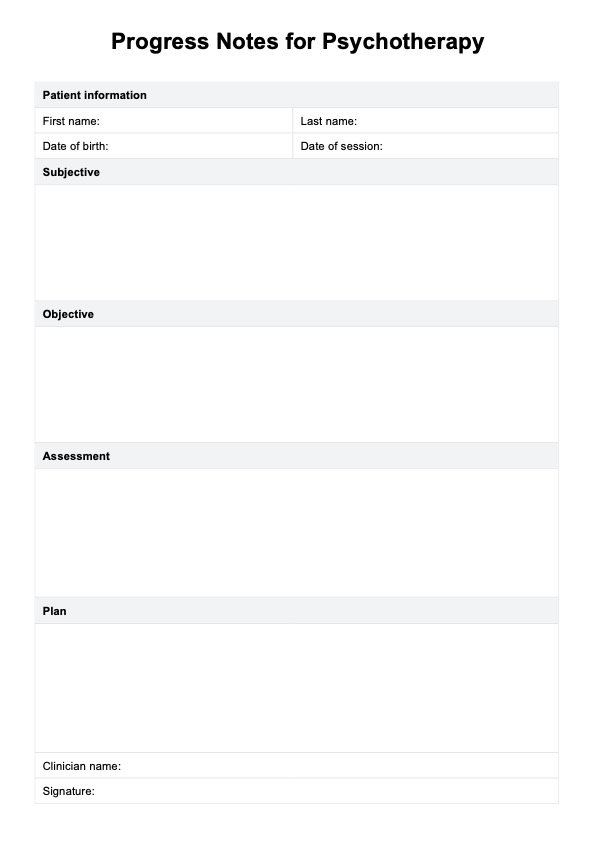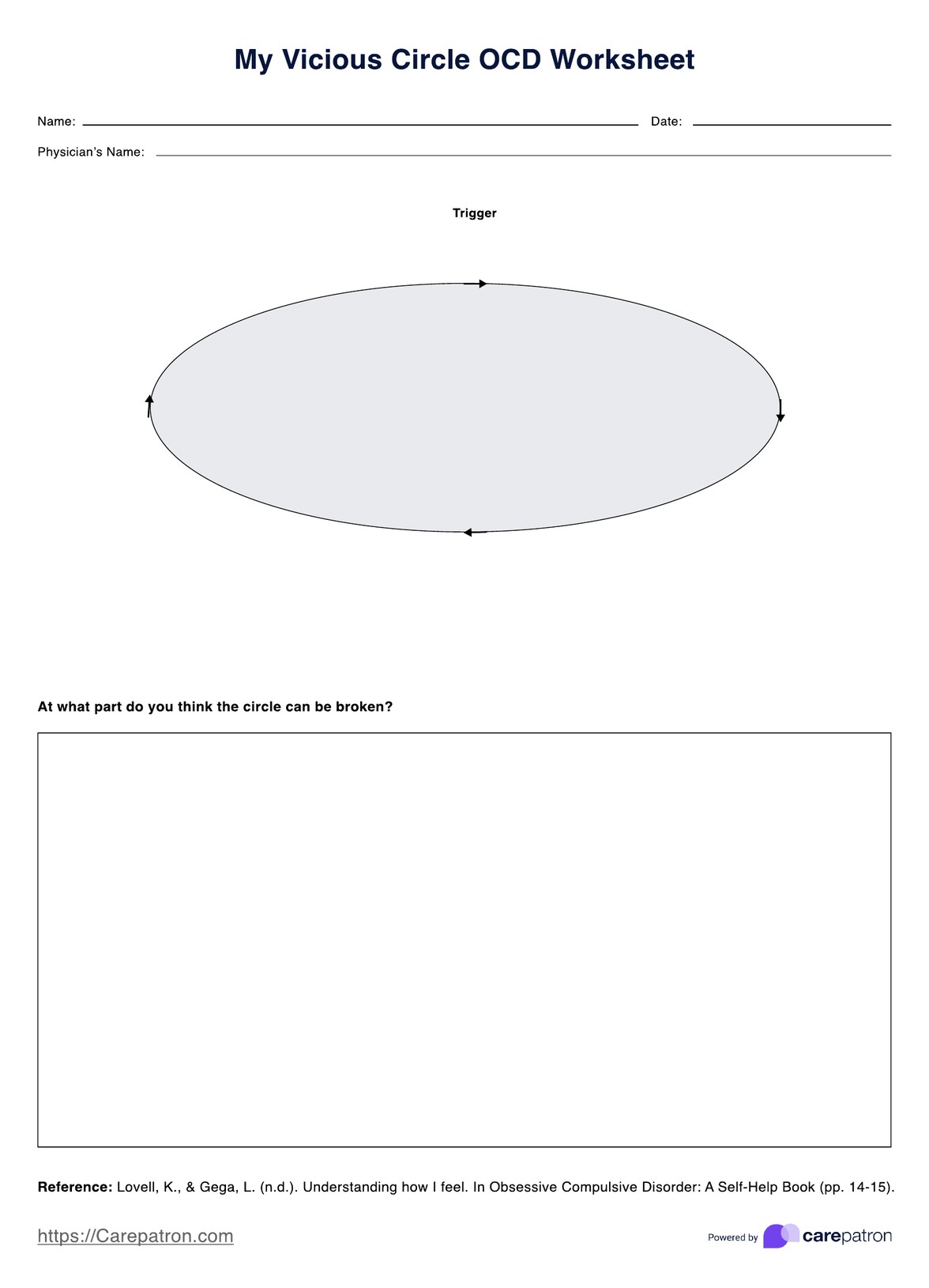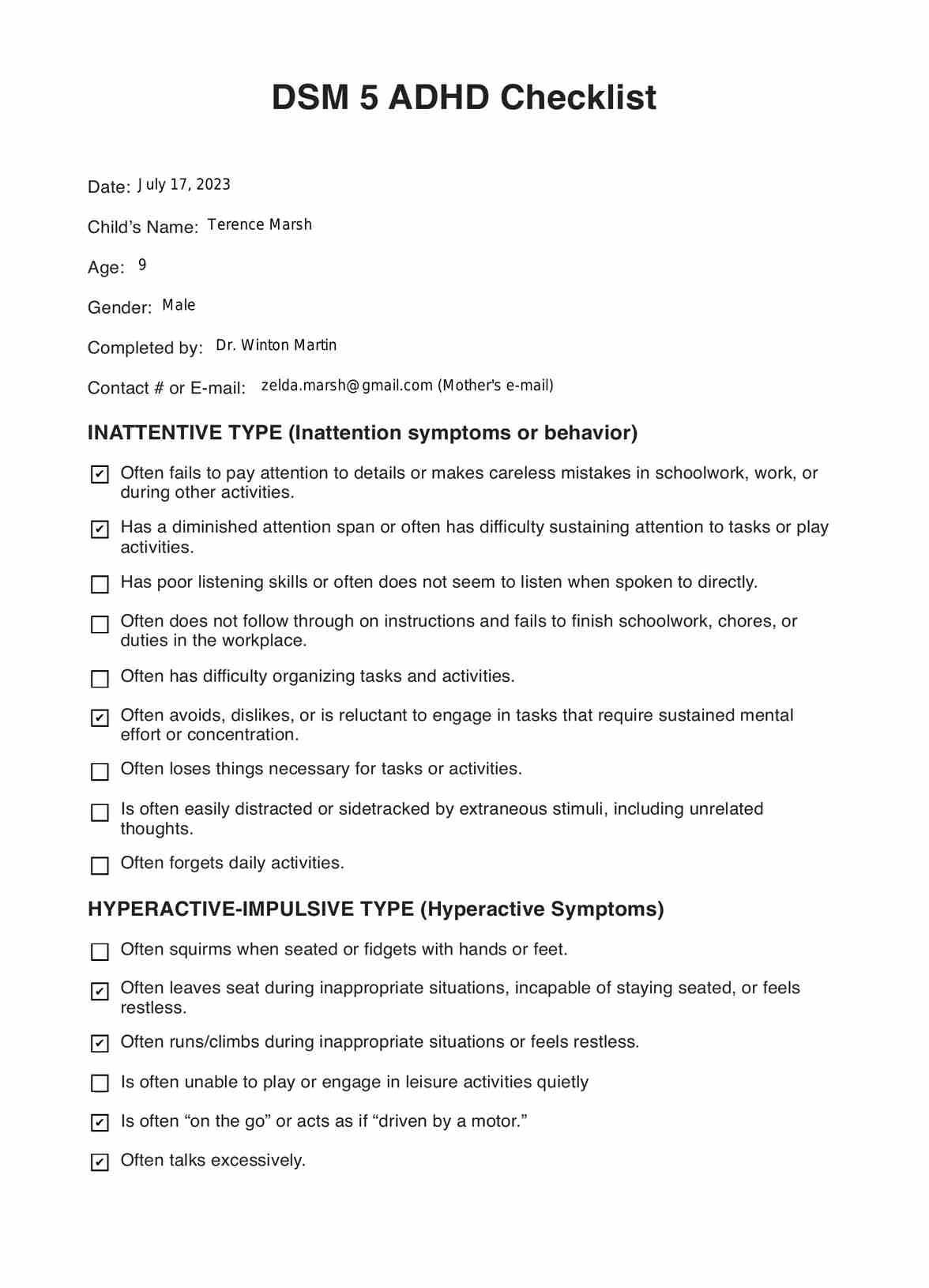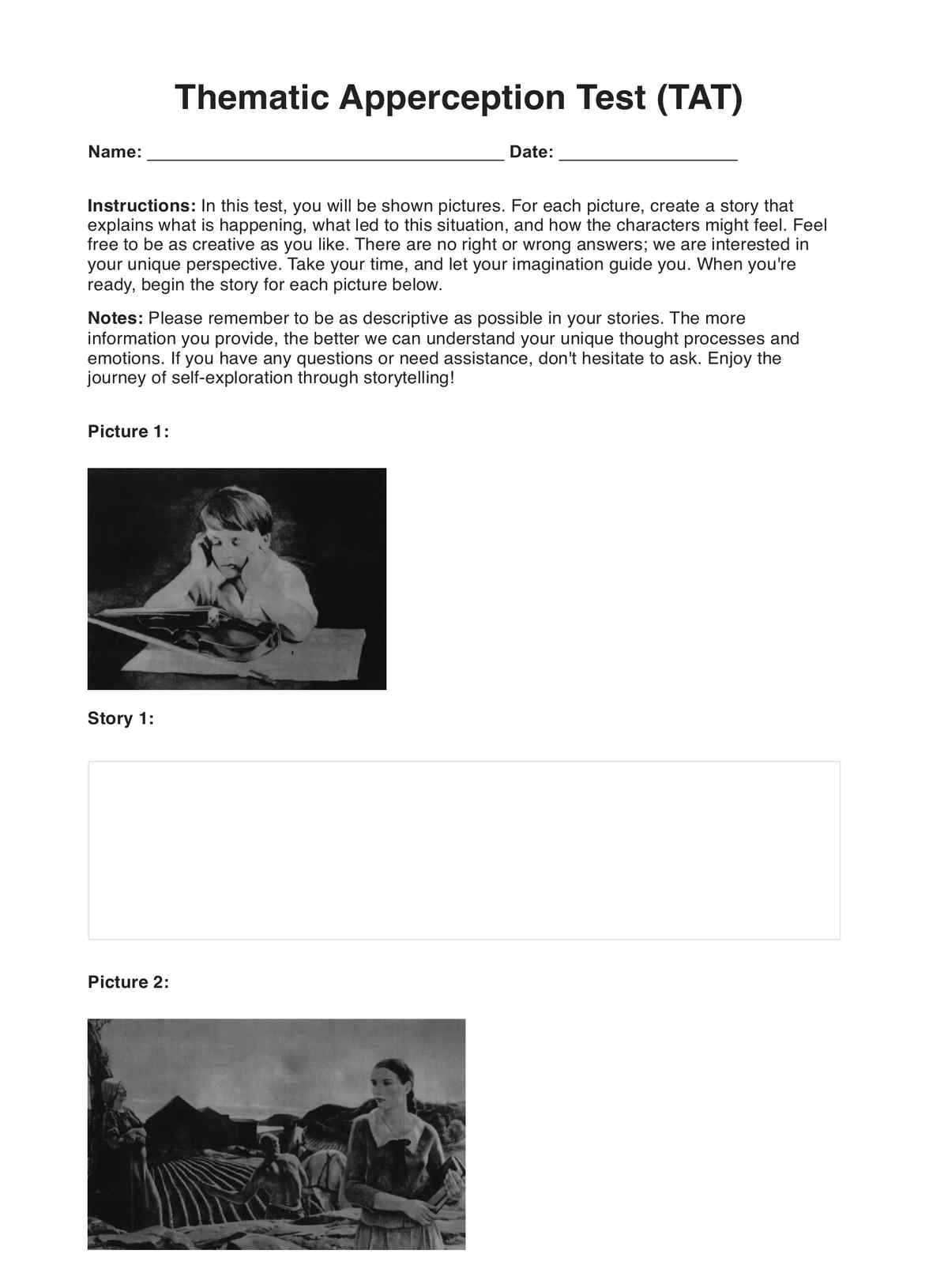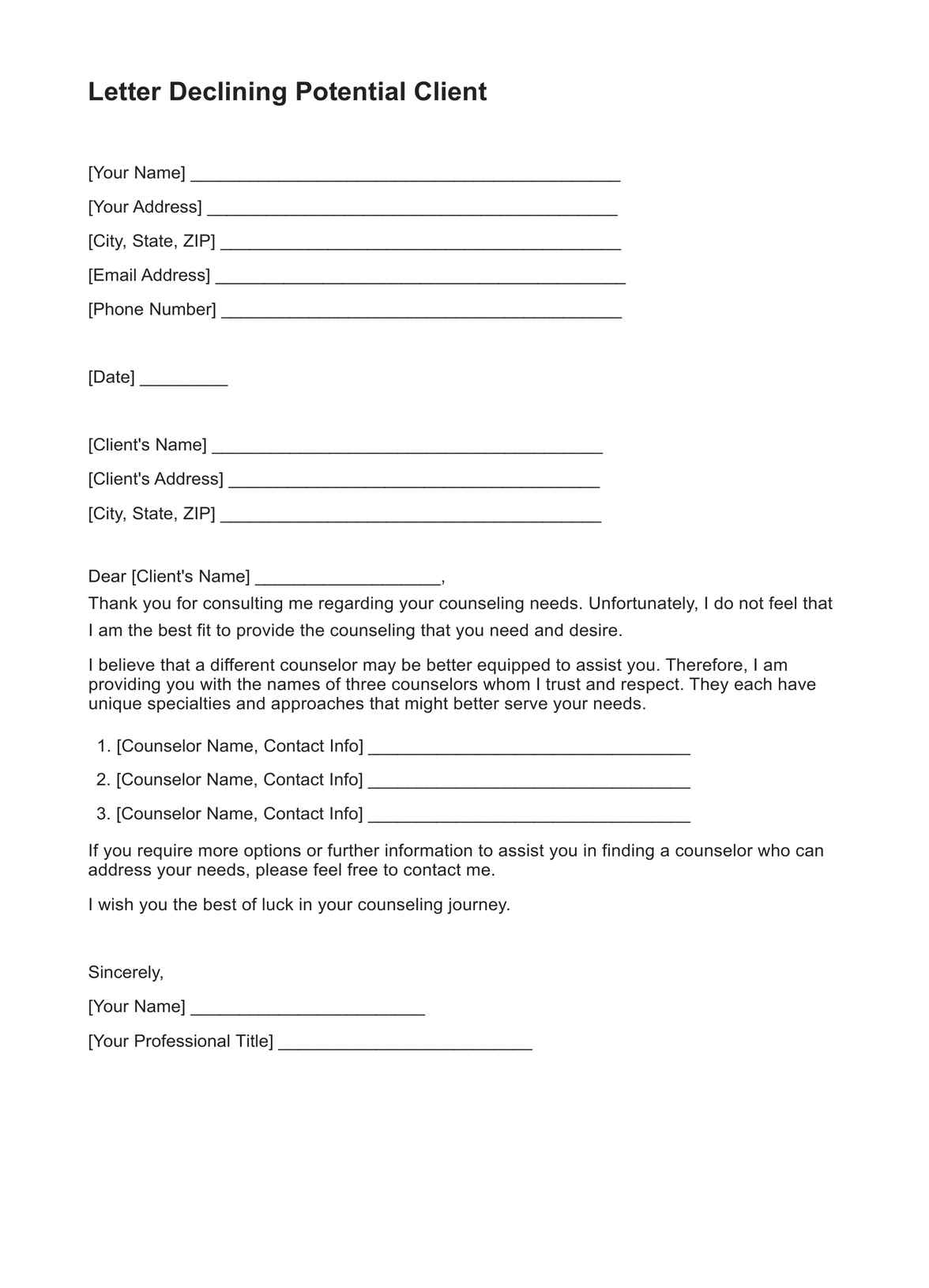Anger Volcano Worksheet
Help children understand and manage anger with our Anger Volcano Worksheet. Get this worksheet for free.


Consequences of unchecked anger
Unchecked or uncontrolled anger can cause a range of serious problems, including damaged relationships, workplace conflicts, decreased productivity, and potential job loss. It can even lead to legal issues, such as assault or property damage charges.
On a personal level, chronic anger contributes to mental health challenges like anxiety and depression, as well as physical health problems such as heart disease, high blood pressure, and a weakened immune system. For children, uncontrolled anger can hinder social development, academic performance, and overall happiness. Anger management, which involves recognizing early signs of anger and using techniques to calm down and respond constructively, helps individuals manage their emotional reactions in healthier ways.
Effective anger management can reduce the frequency and intensity of outbursts, improve relationships, and enhance well-being. It includes strategies like deep breathing, relaxation exercises, cognitive restructuring, and problem-solving. The success of anger management depends on an individual’s commitment to consistently applying these techniques. Teaching children social-emotional learning lessons is particularly beneficial, as it helps them navigate emotions more effectively, leading to better personal and academic outcomes.
Anger Volcano Worksheet Template
Anger Volcano Worksheet Example
What is the concept of the anger volcano?
The concept of the anger volcano is a visual representation used to help individuals, especially children, understand and manage their anger. It's an effective tool for teaching how they learn about anger expression and management. The volcano metaphor is particularly relatable for children, as it illustrates how anger can build up and eventually erupt if not appropriately addressed.
The volcano's base represents the underlying feelings and triggers that can lead to anger, such as frustration, sadness, disappointment, or feeling misunderstood. As these feelings accumulate, the lava within the volcano rises, symbolizing the growing intensity of anger. The eruption of the volcano represents the outward expression of anger, which can manifest as shouting, tantrums, or other aggressive behaviors.
By using the anger volcano concept, children can learn to recognize the early signs of anger and use strategies to prevent the volcano from erupting. It encourages them to explore their feelings, identify their anger triggers, and find constructive ways to express their emotions. This visual resource is an excellent way to make the abstract concept of anger more tangible and understandable for younger populations.
What is an Anger Volcano Worksheet?
An Anger Volcano Worksheet is a therapeutic tool designed to help individuals understand and manage their anger effectively. Even though it is mostly used for children, even middle school students can benefit from it. It's based on the concept of the anger volcano, providing a fun visual representation for children to explore their feelings and behaviors related to anger.
The worksheet typically includes sections that correspond to different parts of the volcano:
- Feelings you don't see (inside the volcano): This section helps children identify the underlying emotions and triggers contributing to their anger, such as feeling ignored or misunderstood. There are stages in this section that represent the bubbling up of anger.
- Behaviors that you see (erupting tip of the volcano): Here, children describe the visible behaviors that occur when their anger erupts, such as shouting or stomping.
- After the eruption: This part encourages children to reflect on how they feel after expressing their anger and to consider alternative calming strategies and coping skills for managing their emotions in the future.
With this anger volcano activity, children can gain insights into their anger patterns, learn to recognize the early signs of anger, and develop healthier ways to express and cope with their emotions. It's a valuable resource, alongside other visual tools, that parents, teachers, and therapists can use to improve their emotional regulation skills.
How does our Anger Volcano Worksheet template work?
Our anger volcano is designed for mental health professionals to use with children and their parents to help manage anger. Here's a brief guide on how it works:
Step 1: Access the template
From this guide, you can choose to "Use template" and access it through the Carepatron platform. You can also select "Download" for a fillable PDF copy of this Anger Volcano Worksheet.
Step 2: Explain the worksheet
Introduce the concept of the anger volcano to the child and their parent or guardian. Explain how the worksheet will help them explore and understand their anger.
Step 3: Guide the completion and discussion
Assist the child and their parent or guardian in filling out the worksheet. Encourage them to express their feelings and behaviors related to anger. After completion, engage in behavior reflection. Discuss the responses together, validating the child's feelings and exploring constructive ways to handle anger. Most importantly, encourage meaningful positive parenting conversations.
This template is a valuable tool for mental health professionals to help children and their families gain insights into anger. By using the Anger Volcano Worksheet template, you can also help children and their families develop effective strategies for managing it.
When is it best to use this worksheet?
The Anger Volcano Worksheet is a versatile tool that can be used in various situations to help children understand and manage their anger. Here are some ideal times to use this worksheet:
- During a calm moment: It's best to introduce the worksheet when the child is calm and receptive, not in the midst of an anger episode. This allows for better reflection and understanding.
- After an anger episode: Once a child has calmed down after an outburst, the worksheet can help them process their emotions and identify triggers.
- As a preventive tool: Regularly using the worksheet can help children become more aware of their anger patterns and develop coping strategies before an eruption occurs.
- In therapy sessions: Mental health professionals can use the worksheet as part of cognitive-behavioral therapy or other therapeutic approaches to help children explore and express their emotions.
- At home: Parents can use the worksheet with their child to open up discussions about anger and how to handle it healthily.
By using the anger volcano at these appropriate times, children can learn to better understand their anger, express it constructively, and develop effective anger management skills.
Benefits of using this worksheet
Using the Anger Volcano Worksheet offers several benefits for children and their caregivers:
- Enhanced self-awareness: The worksheet helps children identify and understand their feelings and triggers of anger, leading to greater self-awareness.
- Improved emotional regulation: By recognizing the early signs of anger and exploring coping strategies, children can learn to manage their emotions more effectively.
- Better communication: The worksheet encourages children to express their feelings in a structured way, improving communication with parents, teachers, and therapists.
- Increased problem-solving skills: Reflecting on alternative strategies to handle anger helps children develop problem-solving skills for challenging situations.
- Strengthened relationships: By working together on the worksheet, children and their caregivers can strengthen their relationships and build mutual understanding.
Overall, an anger volcano pack is valuable for helping children navigate their emotions, develop healthier ways to express angry feelings and cope with anger.
Commonly asked questions
Anger is like a volcano because it can build up over time (secondary emotion) and eventually erupt if not appropriately managed, resulting in visible and sometimes destructive behaviors.
Yes, anger is a natural and normal emotion that everyone experiences. It's a response to perceived threats, injustices, or frustrations.
Anger can trigger the body's "fight or flight" response, leading to increased heart rate, blood pressure, and adrenaline levels. Chronic anger can have negative effects on physical health.
You can download our PDF template or access it through the Carepatron platform if you have an account. You can also find an anger volcano printable pack through various online resources.


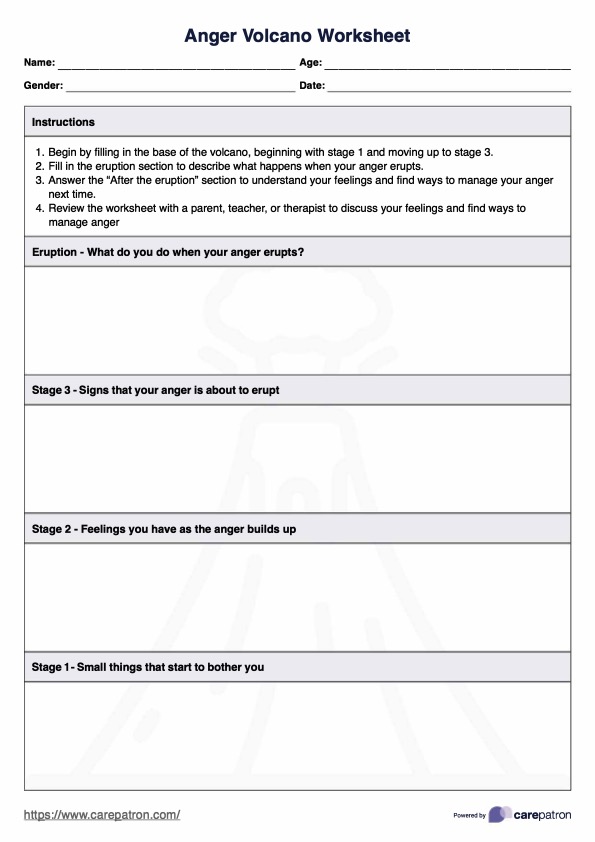
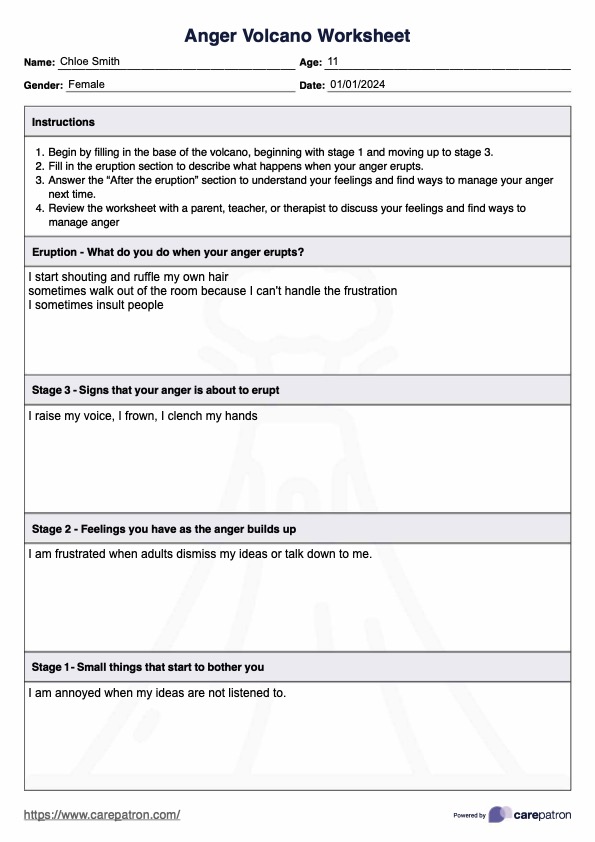
















-template.jpg)
























